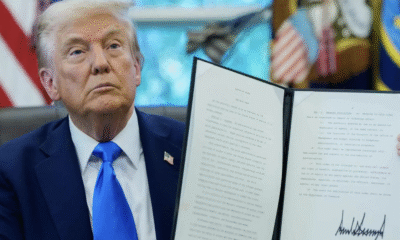Startup & Entrepreneurship
DIPP certifies 20 private incubators for mentoring startups
Further strengthening the reach and availability of incubators to upcoming startups under the Startup Indian Action Plan, the government has certified 20 more private organisations which include iSprit and Nasscom.
This takes the total number of government-run incubators to 278, which are recommended and certified. Incubators provide a ready-made setup where multiple startups are given space to operate and are mentored to potentially scale up their business to a certain level.
Rajat Tandon, the Vice President of Nasscom, said, “There is a lack of right kind of incubators. We need to provide sector-specific services, which we are trying to do in our warehouses.”
There is a paucity of incubators at the moment and to fill this gap, the government is trying to engage private organisations for providing mentorship facilities to entrepreneurs.
“We will make this list available to startups, so there is a wider base of incubators available for them to reach out to,” a senior government official said.
The Department of Industrial Policy and Promotion (DIPP) has received 571 applications from startups last months, all wanting to avail the tax benefits announced in the Startup India Action Plan.
Of these, only 106 had the required documents — one of them having the incubator’s certificate- qualifying them as an innovative business as they met all the other requirements of the ‘startup’ definition.
Only two startups have managed to get the inter-ministerial board approval so for tax and intellectual property rights-related benefits. DIPP has formed a monitoring committee headed by DIPP secretary Ramesh Abhishek to take stock of the action plan’s implementation once a month.
The government also plans to create sector-specific incubators under the Atal Innovation Mission along with 500 tinkering labs to promote entrepreneurship, and provide pre-incubation training and seed funds for high growth startups as part of the Startup India Action Plan, which was announced by Prime Minister Narendra Modi in January.
The major focus will be on the tier-II and III cities now as the DIPP has started mapping incubation centres across the country.









































Pingback: DIPP to launch Linkedin-like platform named Virtual Startup Hub
Pingback: Govt to review policies to provide improved tax benefits to Startup India